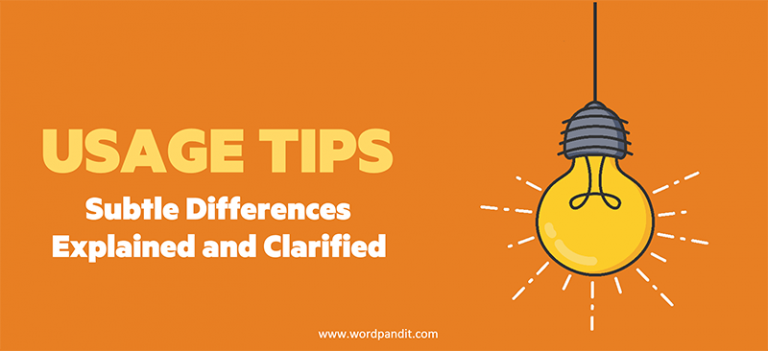All Together vs. Altogether ✨
Have you ever found yourself staring at a sentence, wondering if you should write “all together” or “altogether”? 🤔 Don’t worry, you’re not alone—these two are tricky! 🤹♂️ While they sound almost identical, their meanings are completely different. 😅 Mixing them up can lead to confusion, and knowing when to use each one will make your writing clearer and more precise. 🖊️✨
Let’s dive into the differences and ensure you never confuse them again. 🚀🔍
Definitions 📚
- All Together: Refers to everyone or everything in the same place or at the same time. 👫👭👬 It is used when you want to indicate a group acting in unison or something being gathered. 🤝
- Example: “The family was all together for the holidays.” 🎄👨👩👧👦
- Altogether: Means “completely” or “entirely.” ✅ It is used when you want to emphasize that something is fully the case. 💯
- Example: “The plan failed altogether due to poor timing.” ❌🕒
Pronunciation 🗣️🔊
- All Together: /ɔːl təˈɡɛðər/ 🔊👂
- Altogether: /ˈɔːltəˈɡɛðər/ 🔊👂
Notice how they sound very similar, which explains why people often mix them up! 🤷♂️🤦♀️
Etymology 🏺📜
- All Together: A combination of “all” and “together,” which can be traced back to Old English roots, meaning “wholly together.” 🌀📖
- Altogether: Derived from Middle English, it combines “al” (meaning entirely) and “together,” indicating completeness. 🏛️📚
Examples of Usage ✍️
- All Together:
- “We sang the national anthem all together.” 🎶🎤
- “They gathered all together in the conference room.” 🏢👥
- Altogether:
- “She was altogether too tired to continue working.” 😴💤
- “The project was altogether a success.” 🏆👏
🎉 Fun tip: Use “all together” when you can replace it with “everyone in the same place.” 🤓
🤯 Insight: Think of “altogether” as an adverb that modifies the intensity or completeness of something. 🔄💯
Synonyms & Antonyms 🔄🔤
- All Together:
- Synonyms: in unison, collectively 🤝👥
- Antonyms: separately, individually 🚶♂️🚶♀️
- Altogether:
- Synonyms: completely, entirely ✔️💯
- Antonyms: partly, incompletely ❌🧩
Comparison and Contrast ⚖️🔍
The difference between “all together” and “altogether” lies in their use. “All together” refers to physical or conceptual unity, while “altogether” is about intensity or totality. 💪💯
For example: “We were all together at the party, and it was altogether wonderful.” 🎉😊 Here, the first refers to people being physically present in one place, while the second means that the experience was completely wonderful. 🌟
Contextual Usage 📝
“The students were all together in the assembly hall, feeling altogether nervous about the upcoming speech.” 😨🎤
In this sentence, “all together” describes the group in the same location, while “altogether” expresses the complete state of their nervousness. 😬
Mnemonic Devices 💡🧠
- All Together: Remember, “all together” means “everyone, gathered.” 👫👭👬
- Altogether: “Altogether” is all about totality (notice both words have “alt”!). 🔄🔝
Related Confusing Word Pairs ❓❗
- Affect vs. Effect ⚡📈
- Compliment vs. Complement 💬💐
- Elicit vs. Illicit 🔍🚫
Conclusion 🏁
To sum up, “all together” means a group gathered in the same place, while “altogether” means completely. 🏅✨ Now that you know the difference, you’re altogether more equipped to write clearly and confidently! 💪 Great job tackling this confusing pair—keep it up! 👍👏
Test Your Knowledge: All Together & Altogether Quiz 📝🧠
1. The team was ___ for the final photo. 📸
2. It was ___ an enjoyable experience. ✨🥳
3. All together means ‘completely.’ 🤔
4. Which is the correct synonym for ‘Altogether’? 🧐
5. We are ___ ready to leave. 🚶♂️🚶♀️
6. The guests were ___ enjoying the event, which was ___ a grand success. 🎊🎉
7. Altogether can be used to mean ‘everyone gathered.’ 🤔
8. Which word has its origins in Middle English meaning ‘entirely together’? 📚🏛️













